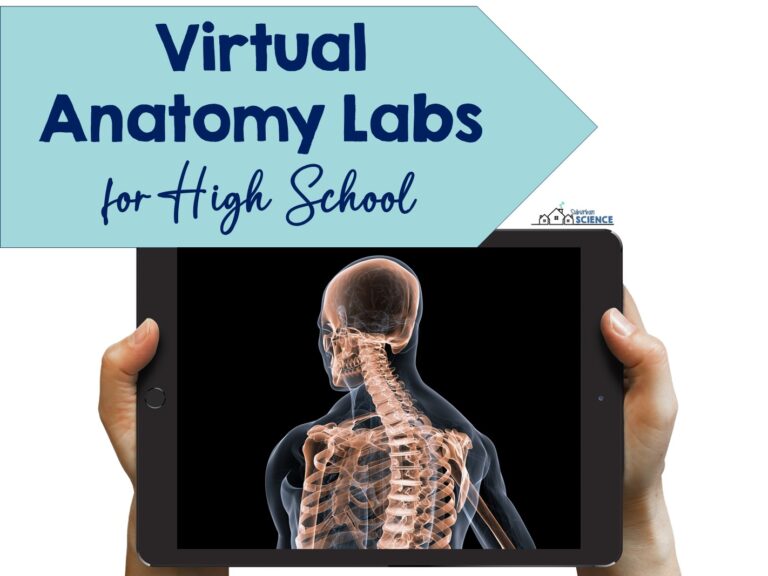With your end-of-course exams just around the corner, there is no better time to begin thinking about how your students will prepare with a Biology EOC review. The goal of a cumulative review is always
1) to refresh content in students’ minds that they understood
2) identify areas of weakness so those topics can be reviewed more in-depth
To help previously learned content stick and truly be able to identify areas of weakness, students need to be engaged and active during a review. Below I have compiled some BIG ideas of how to make test prep easier, more engaging for students, and more informative for you!

Get organized – By the end of the year, students (and teachers) can be pretty disorganized. Have students start by organizing their class notes, handouts, and study materials. (Hint: This is a lot easier if you’re using my organized Cornell Notes!) Create an outline for them highlighting the key concepts, definitions, and other important information that will be covered on the exam.
Break your review into chunks – Too much review can be overwhelming for both you and your students! Regular review sessions help reinforce concepts and improve student retention. Take all of the content for the assessment and divide it up among the days you have allotted for review.
Include movement – During any type of movement, more oxygen flows to the brain, increasing cognitive functioning and even reducing stress! I love to use task cards for review because students have to get up and move to the next card, which gets them out of their seats and thinking. I also mark my review task cards with icons to help me easily divide them by topic, which helps to reduce student overwhelm.
Put the work of review on the students – Have your students work alone or in groups create activities such as study guides, review questions, or online games. When students create Biology EOC review resources themselves, they become active participants instead of passive. The more they work with the information and create resources to share with others, the more likely they will be to understand the information themselves. If this is a new skill for your students, here are some tips on how to create a study guide.
Games & Rewards – A quick internet search of “test review games” or “exam review ideas” will populate hundreds of ideas of games that can be used for review. Pick games you think your students will find exciting and incorporate these into your review activities. Anytime rewards are included, students also seem to have extra motivation to engage!
Have students illustrate concepts – Drawing activates a different part of the brain than words and can provide just one more way for students to remember content. Creating sidewalk chalk drawings outside or using chalk markers on desks are both great ways to incorporate art into a review. If you use Suburban Science curriculum, you can even review difficult concepts using doodle notes that come with each unit! I’ve also provided tips in the past for creating illustrated topical one-pagers.
Incorporate immediate feedback – Games or resources that provide immediate feedback can help you and your students know where gaps in learning are quickly and can give you the opportunity to review on the spot. Online review games that offer immediate feedback are great for 1:1 classrooms. Free online platforms for review include Kahoot, Quizlet Live, & Quizizz.
Use resources you already have – YOU do not need to make new resources for your Biology EOC review. Along with putting the work of review on your students as suggested above, you can have students study old tests, highlight areas in their notes they are struggling with, or use resources provided with your curriculum (review pages, study guides, task cards, etc.) for review. Our Biology Vocabulary Words are a great example of an everyday classroom resource that can be used for end-of-course review (review game ideas included)!
We hope these ideas will allow you to cruise into your Biology EOC review season with a little less stress and be able to focus your energy on reteaching instead of recreating resources! Happy reviewing!







